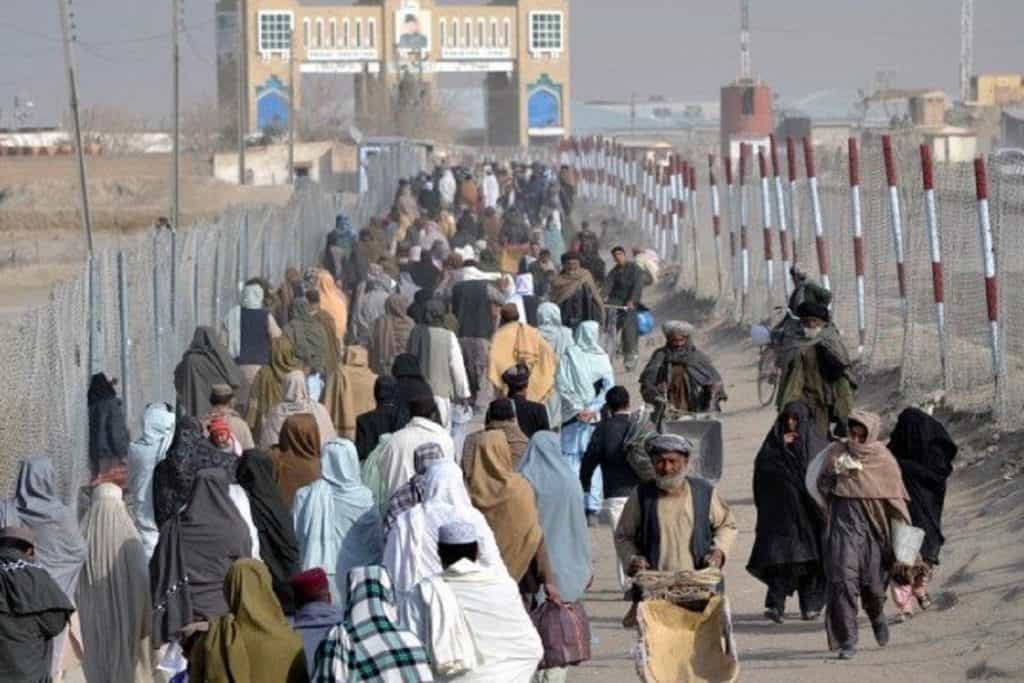By Prof. Engr. Zamir Ahmed Awan
June 20 is marked as “World Refugee Day”. This year’s theme is: “Together, we heal, learn and shine, is very important as the number of refugees is multiplying”.

World Geostrategic Insights interview with Mohan Kumar on India’s place in the current geopolitical scenario,…
World Geostrategic Insights interviews with Attila Demkó on the changes in American foreign policy under the…
World Geostrategic Insights interview with Edoardo Crisafulli on the significance of soft power, cultural diplomacy…
World Geostrategic Insights interview with Shanthie Mariet D’Souza on the reasons for India’s growing involvement…
World Geostrategic Insights interview with Joe Varner on the main threats to Canada’s National Security;…
Let's keep on touch, subscribe to updates


